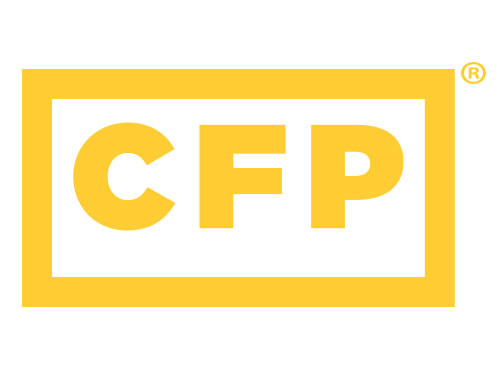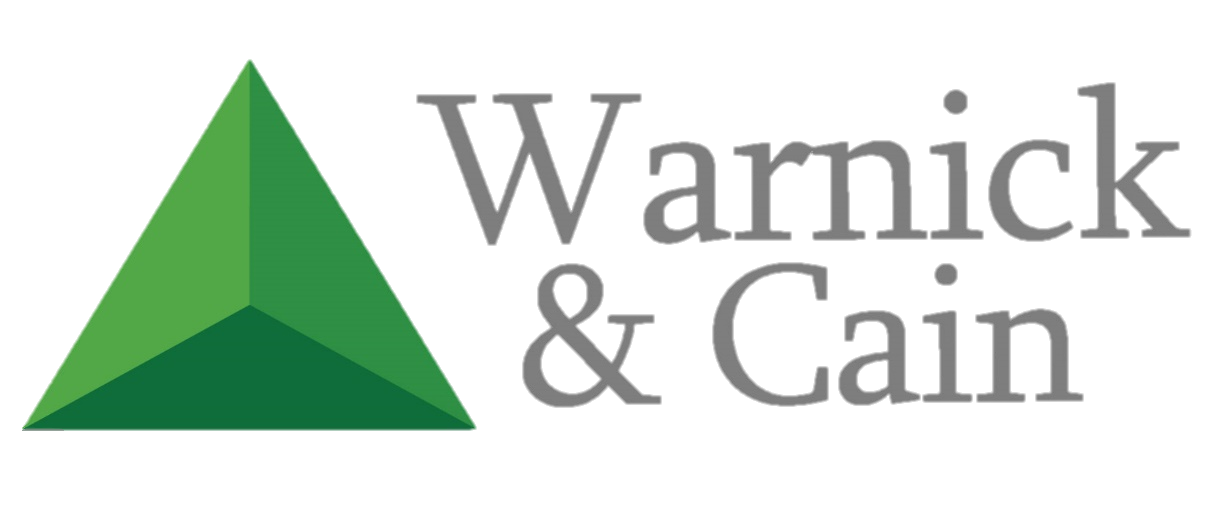

Most people think all financial planners are "certified," but this isn't true. Anyone can call themselves a "financial planner." Only those who have fulfilled the certification and renewal requirements of the CFP Board can display the CFP® certification marks, which represent a high level of competency, ethics, and professionalism. The CFP Board supports a uniform fiduciary standard of conduct for all personalized investment advice. This fiduciary standard of conduct puts your interests first.
What to Bring to Your First Meeting
The more we know about your financial picture the better we can advise you. To get the most out of your first meeting, bring your current information and paperwork. The following is a list of important documents to include:

- Bank & savings account statements.
- Investment account statements.
- Credit card balances with interest rates.
- List of stocks held outside of brokerage accounts.
- Details of partnerships interest.
- Recent IRA, ROTH IRA, 401(k), 403(b) statements.
- Social Security Statement.
- Employee benefits program description.
- Deferred compensation and stock option agreements.
- Pension and profit-sharing statements.
- Description and value of primary residence and other real estate.
- Mortgage balance and/or loan payment information including monthly payment, interest rate, years left to maturity.
- Life insurance details including, name of the insured, death benefit, type of policy, cash value.
- Summary of medical, homeowners and auto insurance policies.
- Summary of disability, umbrella and long-term care insurance policies.
- Annuity policies and statements.
- Copy of your Will.
- Durable powers of attorney and health care powers.
- Copies of trust documents.
- Tax return for the previous year.
- W-2s from the previous year and a recent pay stub.
- Estimated required tax payments for the current year.
